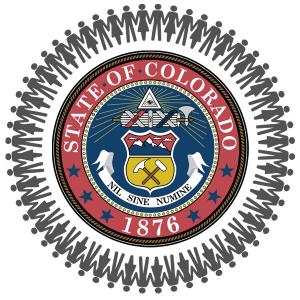Updates on implementation of Colorado’s Equal Pay for Equal Work Act
University of Colorado cross-campus project committees are nearing completion of a salary analysis spurred by the passage of Colorado’s Equal Pay for Equal Work Act.
The law, which took effect Jan. 1, introduced rules intended to address the gender pay gap, increase transparency and protect employees from pay discrimination. It prohibits gender-based pay discrimination for substantially similar work in terms of skill, effort and responsibility, regardless of job title.
During 2020, CU worked with a third party to undertake a pay equity study to examine salaries and positions. The study tested for sex, gender or race-based pay differences within job groups.
Of the nearly 22,000 positions reviewed, fewer than 3% of positions were flagged as outliers, either above or below the predicted standard salary. Low outlier salaries represented about 1.4% of these positions.
For the affected population, campus and system Human Resources teams are validating the results to ensure data accuracy and examining low outliers against the pay difference factors allowed by the law, such as seniority, merit, education, training, job-relevant experience and others. The project committee wants to ensure an accurate, holistic and objective review.
Analysis is expected to be complete by the end of this summer. With the results finalized, identified pay discrepancies will be addressed by the year’s end.
Overall, the Equal Pay for Equal Work Act and the corresponding equity study will not result in widespread salary changes, revised job titles or working titles, nor will they lead to reduced pay or job eliminations.
Work will not stop with the initial study. Routine salary analysis will be an ongoing human resources practice to ensure salary equity and legal compliance. The university employs best practices for pay, with salary range structures, market analysis methodologies, and regular reviews that include sex/gender and race/ethnicity comparisons.
Additional project work
The committee understands that the law’s greatest equity impacts will be achieved by ensuring consistent application of appropriate recruiting, hiring, performance review and promotional practices. This will ensure consistent, fair treatment from the time a candidate applies for a CU position and throughout their university career.
Recruiting: All campuses now post all full- and part-time positions, as well as all open promotions, along with the pay rate or range and details on benefits and compensation. The law’s rules in relation to job postings and making job offers have been socialized with recruiters and HR liaisons, who have been given resources to share these rules with hiring managers.
Complaint process: Each campus has documented its current complaint process, and the committee is reviewing these. As the final processes are documented, full details will be shared.
Policies: Existing university and campus policies and procedures are being reviewed to ensure compliance with the law. All policy changes will be posted before being implemented, and details will be reported to the university community.
Other efforts will ensure all job descriptions are stored and updated. Campuses will develop approaches to collect relevant prior work experience, where applicable.
For additional details on the Equal Pay Act, visit your campus Equal Pay Act webpage.


